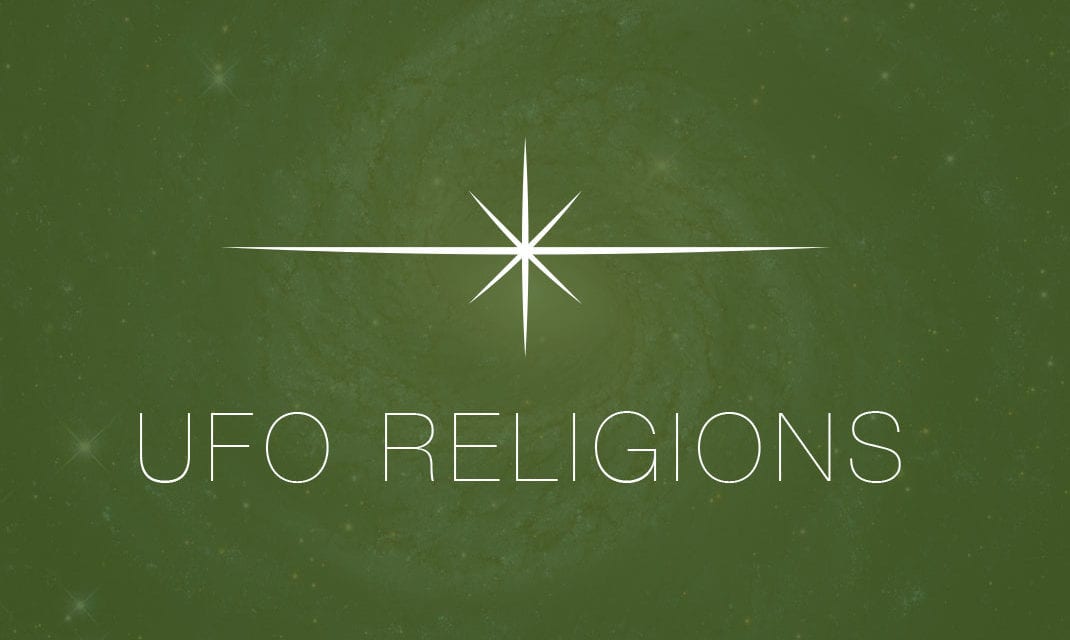It is when it’s about the search for extraterrestrial life and panspermia.
In yet another example of just this, I’d invite you all to read “Far-Off Planets Like the Earth Dot the Galaxy.”
Have any of these planets actually been identified? No. Have any of them yielded data that demonstrate life is possible? No.
But doesn’t the article lead say this …
Astronomers reported that there could be as many as 40 billion habitable Earth-size planets in the galaxy, based on a new analysis of data from NASA’s Kepler spacecraft.
It does. Sounds real “sciencey” doesn’t it? These scientists are “reporting” this figure — as though the number has been truly validated. Correction: this is guessing or speculating, not “reporting” of something known to correspond to reality.
The reality is that what’s being said is that the 40 billion number is a mathematical extrapolation (again, it sounds better than “guess”) about how many planetary bodies there might be in the galaxy that are situated in “Goldilocks zones” — i.e., situated in orbits that, given the heat of their suns (another guess), would have surface temperatures that are not too hot and not too cold for liquid water, the essential factor for life as we know it.
It’s really hard to not look at this and call it “faith”. I don’t mind this faith statement, of course, since I have no theological objection to ET life. One might also argue that it’s reasonable faith. I have no problem with that either, since I don’t think faith and reason are incompatible. But when it comes to religion, faith is readily criticized, no matter how reasonable. “Without scientific data” we’re told, “it’s still just a belief.”
If the shoe fits ….






> But when it comes to religion, faith is readily criticized, no matter how reasonable. “Without scientific data” we’re told, “it’s still just a belief.”
Not a true comparison. Religions don’t make statements of mere faith, they make assertions of fact; they call these “faith statements” because they can’t prove them, yet assert their factualness nontheless.
The pope would not say, “There could be a God, based on our analysis of the data.” No, he would say there is a God, and you and I could know this too if we have faith. Most importantly, the pope would NEVER change his “faith” in the existence of God, no matter what new evidence presented itself. The existence of God is a settled fact for him — period — and evidence has nothing to do with it.
Religions don’t make biological / physical claims about the deity. Philosophical evidence / coherence proceeds along different lines of evidence than hard science. They are two different, but related, tracks. Think “legal evidence” as analogy. You can’t reproduce a murder in fact or real time for a murder trial – but you can assemble an argument that leads to a most probable conclusion to the exclusion of other conclusions without the sort of demands real science must meet.
I say they’re different but related. You’re trying to put the God issue under a microscope and so you ought to put lots of other propositions you and I (and most thinking people) accept under the same microscope. We just don’t address all questions the same way and don’t need to. The issue with things outside the hard sciences is probability and coherence.
In this case, there is a hard science claim being made. The wording is my problem. If we just call it a good guess, for me that’s adequate to accept the idea. Pretending one has certainty here as though someone counted the number of extrasolar planets extends beyond the data and is just bogus.